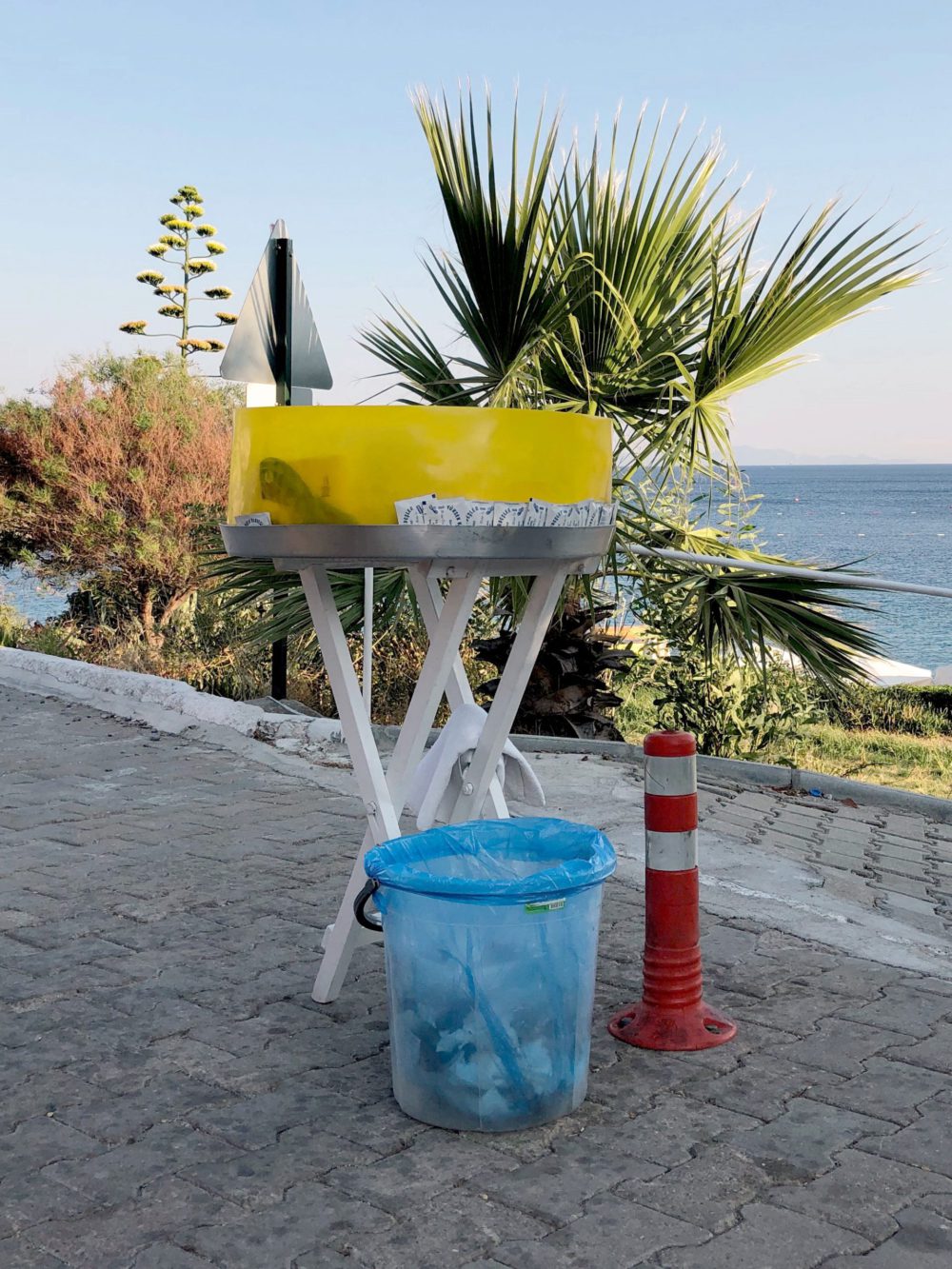What is the relationship between design and empathy?
ho
The 5th Istambul Design Biennial, curated by the architect Mariana Pestana, will explore the issue between September 26 and November 8, 2020.

There are terms that, over time, lose their original meaning and the concept of empathy is one of them. Mariana Pestana, architect and curator, tells us that when the term originated, towards 1910, empathy referred to the relationships between human and non-human bodies and not, as is generally understood today: as the ability to perceive the expressions and feelings of other people.
This is why now, about a hundred years after its conception, Pestana feels it is relevant to revisit the original term as the curator of the 5th Istanbul Design Biennial, not only from the perspective of design as a practice that models the devices, platforms and interfaces with which we interact but also within our current context. At a time marked by technological speed and an environmental emergency, we need to be guided by a feeling of commonality that goes beyond our own species. We need to take care of ourselves and take care of our environment more than ever.
The post-human paradigm, defended by the philosopher Rosi Braidotti, states that all things have their own relations with the world, that there is no human/non-human division but a multi natural continuum between all living and non-living entities. The original definition of empathy makes more sense under this paradigm and gives special relevance to the discipline of design as a practice through which we interact with each other and with the rest of the world.

Some of the fundamental issues raised by this edition of the biennial, entitled «Empathy Revisited: Designs For More Than One» explore which structures of collective feeling are raised by design and how we can design for more than one perspective, more than one dimension and more than a body. Under the contemporary post-human paradigm and in the face of the environmental crisis and the current technological horizon, these issues acquire new potential.
Therefore, the biennial will celebrate communities and other protocols for sharing. In this sense, it will include designs such as tables, plates and cutlery, but also virtual reality headsets, digital coins and online chats. The edition will explore how design unites us, reviewing myth and ceremony, and also the rituals of care and connection and the things that make us feel. The biennial will also include paradigms such as new-animism or indigenous perspectivism, absorbing influences from the south and east, interested in the relations between things and people and privileging local territorial knowledge and practices in the face of the growing homogeneity of a globalising world.
The edition will be divided into two spaces, an observatory and a kitchen. The Observatory will be an exhibition space where to see and practice empathy in the contemporary world and the Kitchen will be a place of action and experimentation, where several guests will be housed in rotation with the aim of transforming the space, the menu and the conversations. Through food, we will access multiverses that our post-human existence touches and builds upon. A call for projects and events that revolve around the kitchen is now open.

The biennial will also form for the first time a group of young curators based in Istanbul, who will be part of the biennial’s commissioner team. This group will be responsible for contextualizing the theme of the biennial locally, connecting it with professionals, thinkers and creators of the city and establishing links between the program and historical approaches typical of Turkey.
Since December, the curatorial team led by Mariana Pestana is joined by Billie Muraben as commissioner and deputy editor and Sumitra Upham as curator of public programs. The Future Anecdotes group, based in Istanbul, will assume the design of the biennial exhibition, while the Maria João Macedo studio will be in charge of its graphic design.
The 5th Istanbul Design Biennial «Empathy Revisited: designs for more than one» is organized by the Istanbul Foundation for Culture and the Arts (İKSV) and will take place between September 26 and November 8, 2020.